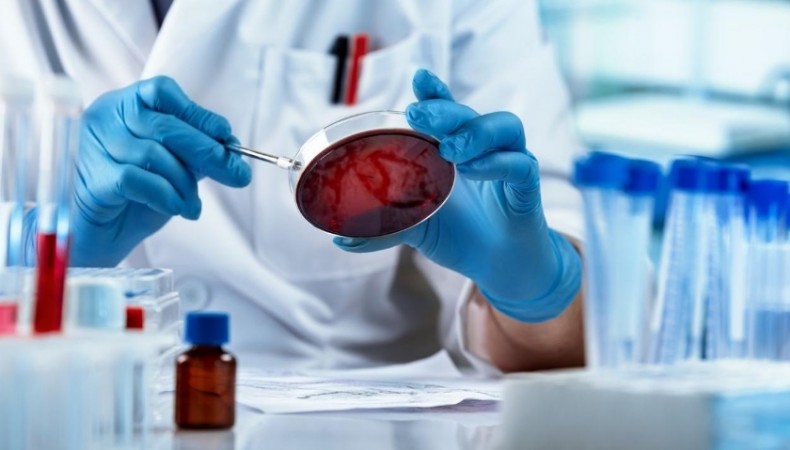
In a bold move to tackle the growing threat of antimicrobial resistance (AMR), three leading global health organizations—the Bill & Melinda Gates Foundation, the Novo Nordisk Foundation, and Wellcome—have announced a $50 million initiative aimed at accelerating the discovery of new antibiotics.
The initiative, known as the Gram-Negative Antibiotic Discovery Innovator (Gr-ADI), will bring together research institutions, industry leaders, and funding partners to develop breakthrough solutions for drug-resistant infections. This investment is the first major project under a $300 million global health research and development partnership launched last year by the three foundations to address critical health challenges, particularly in low- and middle-income countries (LMICs).
AMR occurs when bacteria evolve to withstand the effects of antibiotics, making once-treatable infections deadly and difficult to control. The crisis is responsible for an estimated 1.14 million deaths annually and contributes to another 4.71 million deaths worldwide. The impact is most severe in Africa and Asia, where limited access to effective treatments worsens the situation.
Despite the severity of the problem, the development of new antibiotics has stalled. High research costs, coupled with low profitability, have led pharmaceutical companies to abandon antibiotic research, leaving many drug-resistant infections without effective treatments.
Gr-ADI aims to revitalize antibiotic discovery by funding early-stage research into new classes of antibiotics, particularly those targeting Gram-negative bacteria—a category of pathogens that pose the greatest resistance threat.
The initiative will prioritize research on Enterobacteriaceae, a family of Gram-negative bacteria that includes Klebsiella spp., a major cause of hospital-acquired infections. These bacteria, listed by the World Health Organization (WHO) as critical priority pathogens, are among the leading causes of AMR-related deaths.
To drive progress, Gr-ADI has issued a Request for Proposals (RFP) through the Gates Foundation’s Grand Challenges platform, a program that has supported global health innovations for over two decades. The RFP will fund research projects exploring new ways to combat drug-resistant bacteria and will prioritize scientists from regions most affected by AMR. Researchers have until March 25, 2025, to submit their proposals.
Health experts emphasize that international cooperation across sectors is crucial in the fight against AMR.
Alexander Pym, Director of Infectious Disease at Wellcome, highlighted the urgency of the crisis:
“The AMR crisis continues to grow. We urgently need effective solutions to prevent a future where there are few to no treatments for drug-resistant infections. Our best chance is to collaborate on innovative new approaches to antibiotic development.”
Beyond antibiotic research, the broader $300 million partnership between the three foundations will also support climate and health solutions, infectious disease research, and nutrition-related health challenges. These efforts underscore the growing recognition that long-term investments in science and innovation are essential to strengthening global health security.
Article by Jed Mwangi
Photo/Google

Comment